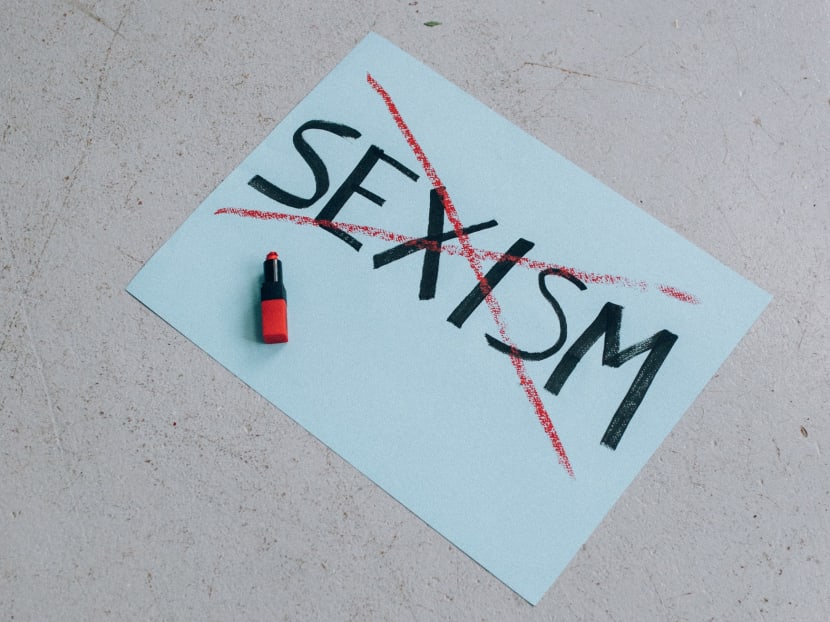Workplace sexual harassment is rooted in sexism and gender stereotypes
As a young man entering the workforce, I am disturbed to learn about the findings of the recent nationally representative survey on workplace sexual harassment.
As a young man entering the workforce, I am disturbed to learn about the findings of the recent nationally representative survey on workplace sexual harassment ("Two in five Singapore workers have been sexually harassed at the workplace in last five years: Aware-Ipsos survey"; Jan 14).
Two in five workers polled faced sexual harassment and of those who did, just one in three reported it to an official authority at work.
This worrying prevalence of sexual harassment is the case for men as well.
Male victims are less likely to report sexual harassment and typically suffer in silence.
Under-reporting in the case of male victims is often rooted in norms around masculinity that expect them to hide their vulnerabilities and emotional distress.
For example, men are told that they would not be abused because they can always use their bodily strength to fight back, or that only gay men get sexually harassed.
Those who do not report the harassment said that they had dismissed their experiences as “not serious enough”, or they had wanted to forget the unpleasant experience.
This is not unexpected given the lack of legislation against workplace harassment and attention to what constitutes such an offence.
In addition, many people who encountered sexual harassment would think twice about reporting it because it may affect their standing at work and collegial relations.
From conversations with my peers, I know that workplace sexual harassment is more prevalent than one may presume, yet also not really talked about.
Not talking about it only perpetuates the culture of harassment and bullying in the workplace, and prevents victims from getting the care and support they deserve.
I would like employers to address the factors that contribute to a victim’s fear that reporting will result in retaliation. These include sexism, gender stereotypes and unclear definitions of acceptable and unacceptable behaviour.
It also does not help that society at large still upholds sexist beliefs and biases, and thinks it is okay to act on them.
For example, women in the workplace are still judged by their appearances, as if what they wear matters more than their skills and competence.
Remarks about wearing a low-cut top to meet with a client or jokes about letting men do the work because they “wear the pants around here” are frequently heard forms of sexism.
Sexist “jokes” and verbal comments that cause discomfort are often insidious and concealed forms of sexual harassment and workplace discrimination.
Men are also vulnerable and susceptible to such gender biases and harassment.
The Government and employers should do more to dismantle this culture of harassment and bullying in the workplace.
Having a national legislation against workplace harassment as well as a clear guideline of what constitutes workplace sexual harassment would be the first step forward.
I also support the call by the Association of Women for Action and Research for regular anti-harassment training across industries and the universal adoption of grievance-handling policies.
Making reporting channels safe and accessible, and pushing for education around the subject of workplace harassment, should be a priority as well.
Feeling safe in the workplace should not be something that we need to fight for — it should be a given.
Have views on this issue or a news topic you care about? Send your letter to voices [at] mediacorp.com.sg with your full name, address and phone number.







